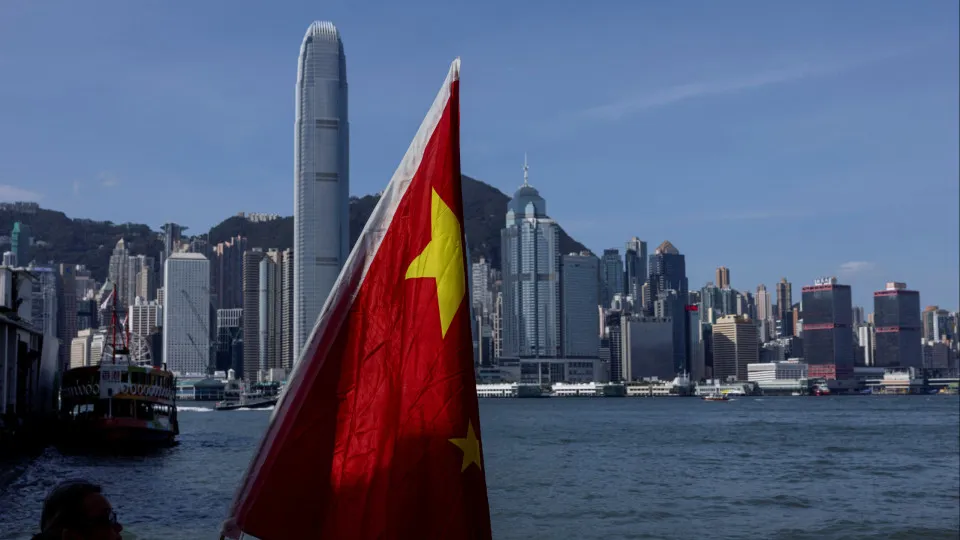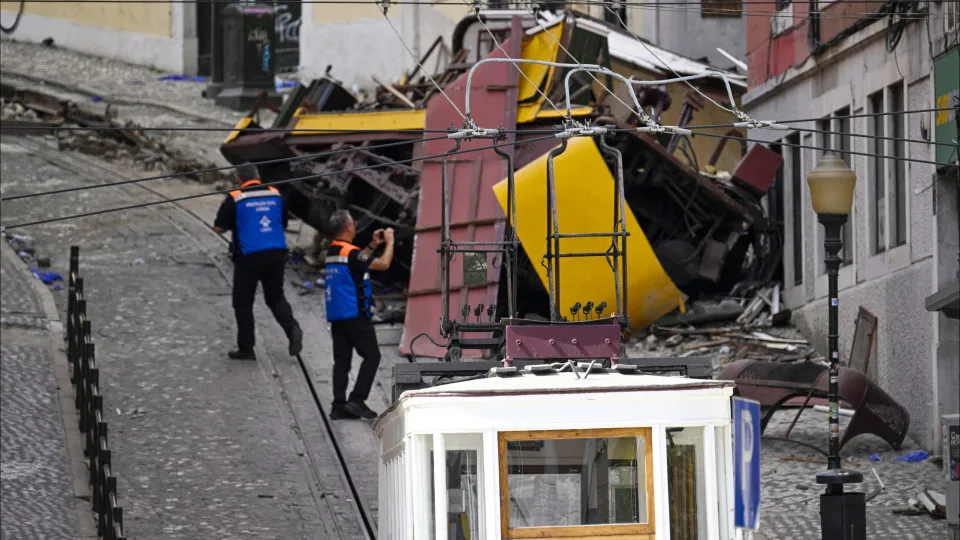
The Centre for Food Safety (CFS) in Hong Kong emphasized in a statement that the decision was made “to protect public health,” following a notification from the World Organization for Animal Health.
According to official data cited in the statement, the territory did not import poultry meat or products from Portugal in the first half of 2025.
The CFS stated it has already contacted Portuguese authorities and will monitor “closely” the situation and the information issued by the World Organization for Animal Health.
“Appropriate measures will be taken in response to the development of the situation,” it noted.
Avian influenza was detected at a duck farm in Benavente, Santarém district, announced the Directorate-General for Food and Veterinary (DGAV) on Wednesday, specifying that the animals were culled.
“A new outbreak of Highly Pathogenic Avian Influenza (HPAI) was confirmed in a duck farm in the parish of Santo Estêvão,” stated a DGAV notice.
This month, outbreaks were already detected in Olhão, Aveiro, Alcácer do Sal, and Costa da Caparica.
Control and eradication measures have already been implemented, including inspection of the site where the disease was detected, culling of infected animals, and cleaning and disinfection of the premises.
Movement restrictions have also been imposed, and poultry farms within the restriction zones (a 10-kilometer radius around the outbreak) are under surveillance.
DGAV again urged all poultry owners to comply with biosecurity measures and good production practices to prevent contact between domestic and wild birds.
The transmission of the H5N1 virus to humans is rare, with sporadic cases reported worldwide. However, when infection occurs, it can lead to serious clinical conditions.




